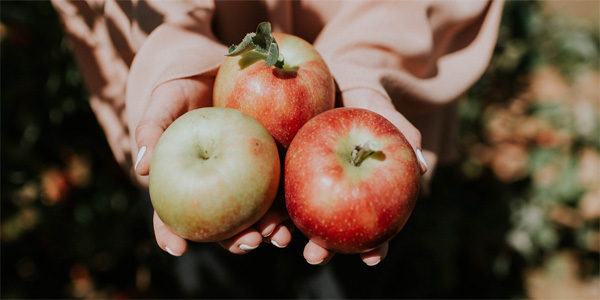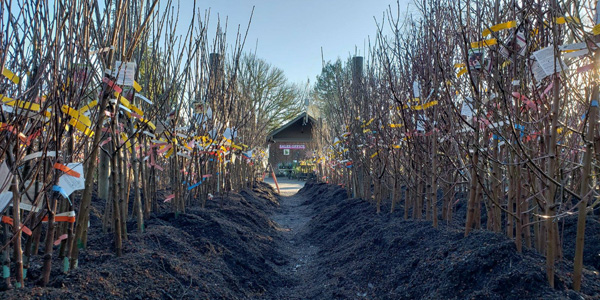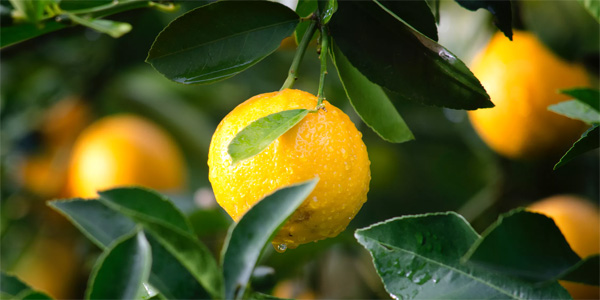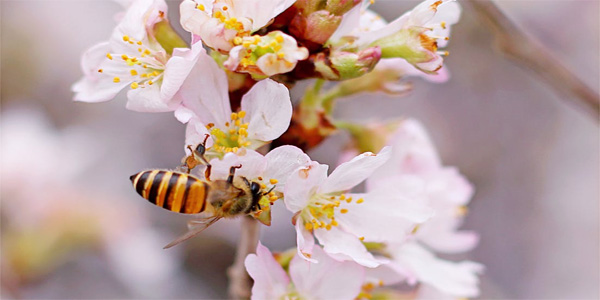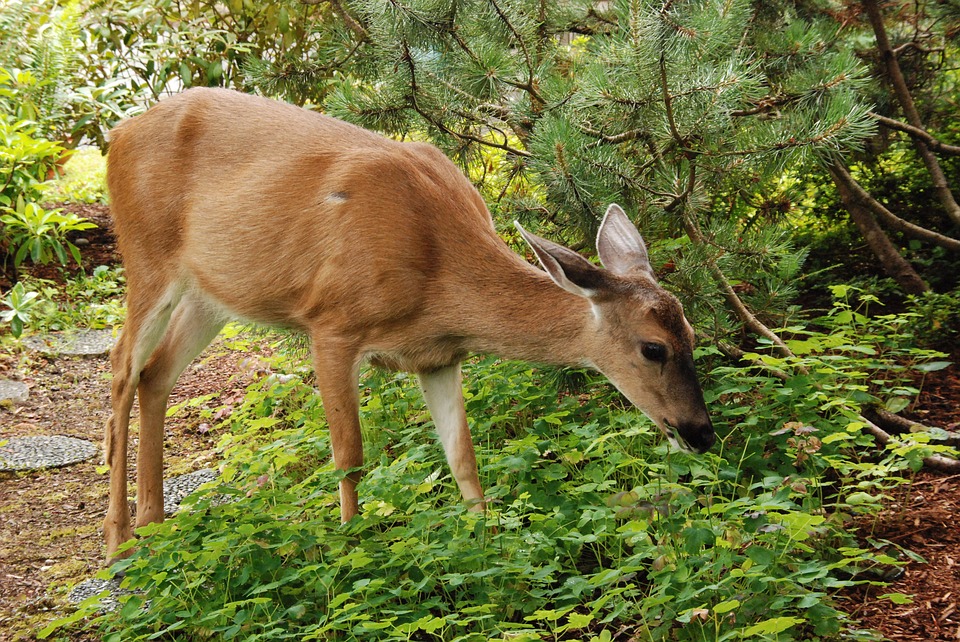It is a common challenge in many localities to find a balance between attractive, hardy landscapes and plantings that deer won’t annihilate. Some neighborhoods, such as Oakmont, are notorious for their brazen deer. When asked for plant options in these cases, we refer to the Western Garden book for their list of Deer Resistant plants however our light-hearted follow up statement is that “the deer don’t read this list”.
There is no such thing as a true deer-proof plant. During drought or periods of scarcity, deer can be driven to eat even the most unappetizing selections in your yard. Likewise, nothing is off the table for young deer who are testing out what is and is not edible.
Some of the plants that make the deer resistant list will have one or more of the following traits: Toxicity, strong fragrance, thorns, or unpalatable texture.
Certain plants like Oleander, Nightshade or Foxglove are known for their toxicity to deer even while other plants like poison oak remain on the menu. Not everything that is considered toxic or poisonous to us will have the same effect on deer.
Plants with a strong fragrance are often avoided by deer and can serve a double purpose as an herb garden. Salvia, Rosemary, Lavender and Thyme are just a few of the plants that are considered deer tolerant because of their fragrance.
Some plants are simply more trouble than they’re worth for the deer by employing a range of thorns or stickers. Barberry and Flowering Quince are good options for thorny plants that can discourage browsing by the deer and can often act as physical barriers around the yard to protect more tempting items within.
Other plants on the deer resistant list fall into the category of simply unpleasant to chew. Certain types of Currants or Buddleia have fuzzy or felted leaves. Any combination of these traits will raise the effectiveness of deterring deer.
Some recommendations like Daphne will make the list with varying success ranging across different zones; while others like Ceanothus are listed with the caveat that deer will tend to leave alone only the small-leafed varieties.
Deliberately placing deer-resistant plants on the perimeter of your yard may deter deer from venturing further in. Keep such delectable treats as roses, strawberries, plums and grapes protected by physical barriers if possible.
There are many deer deterrent strategies to try; fencing, motion sensor lights or sprinklers, and olfactory repellent.


